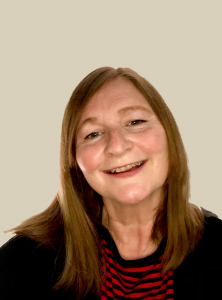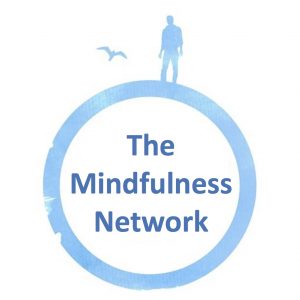
I spent my childhood lost in my imagination, planning my escape from a drab one-horse town on the outskirts of Glasgow. A painfully shy, honorary only child (my sister is 15 years older than me), I was academic, creative, and good at sports. However, having a surname pronounced exactly like the world’s favourite beans, I learned quickly not to draw attention to myself. Thus began a lifetime in the shadows as a professional underachiever, choosing art school instead of university, pursuing the subject I least excelled in, but thought I enjoyed the most.
Turns out I didn’t. Therefore, after graduation, I landed a job as a copywriter for an advertising agency, but as a dedicated vegetarian, I couldn’t possibly write about fine cuts of Aberdeen Angus beef or the natural beauty of sheepskin. So, like many of my generation, I found that principles don’t pay the bills, so I drifted. Moving through semi-creative roles from visual merchandising to project management, finally settling for a decade in journalism. However, my employment was the only aspect of my life that remained settled.
My existence was in flux: I lost both of my parents in relatively quick succession, gained a husband, gave birth to a beautiful son, and moved house twice. I had started running in an attempt to shape up and get those endorphins moving, but I just wasn’t feeling as good as I should. Turns out I had cancer. The same disease that killed both of my parents. So, I presumed number was up. My initial reaction upon diagnosis was to hurl myself off a cliff. I felt I couldn’t put my family through the horror of medical procedures and emotional turmoil for it all to culminate in certain death. Thankfully, treatment had improved considerably since my parent’s demise, with one of the major advances being a holistic approach to the disease. This was especially pertinent for me, and given my hysteria, I was immediately referred to psychological services who suggested I try mindfulness. In the spirit of full disclosure, I thought it sounded like completely ridiculous nonsense. On the other hand, if ever there was a book to describe my life at that point it would be ‘Full Catastrophe Living,’ so I agreed to do the course and tentatively engaged with the process.
It was a lifesaving and changing decision. I found great peace in practice during the worst of treatment, but it was afterwards that it was of greatest benefit. What no-one tells you is being cured is simply a physical state, emotionally you live with cancer forever. Practicing mindfulness has enabled me to open my mind and see possibility. I positively embraced redundancy from my journalism job, went back to university to do a research degree with a dissertation on mindfulness, lectured at university, became a research assistant at a psychology start-up, then during the pandemic I did another master’s in applied psychology. I’ve discovered how much I love to learn, and that self-perception and belief are my only barriers. I’m grateful to the Mindfulness Network for giving me the chance to continue my tentative steps towards the light, doing a job I love, in an organisation with purpose.
